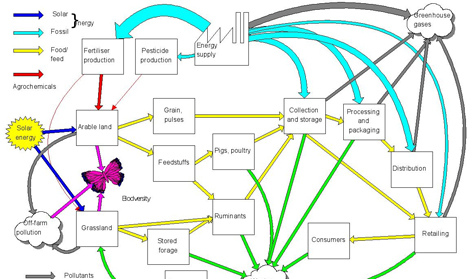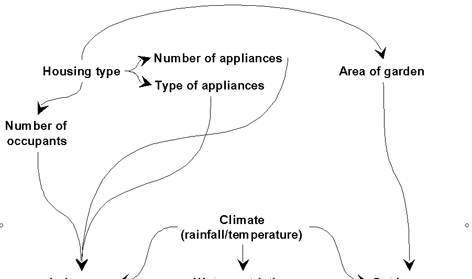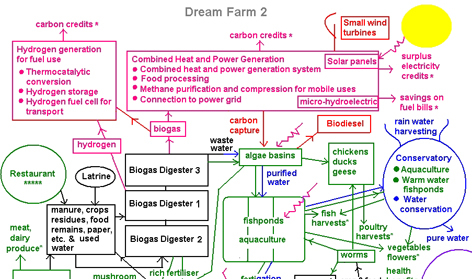-
Chapters from the paperback
- Introduction
- Ecocriticism
- Optimisation
- Grounded Economic Awareness
- Advertising Awareness
- Transition Skills
- Commons Thinking
- Effortless Action
- Permaculture Design
- Community Gardening
- Ecological Intelligence
- Systems Thinking
- Gaia Awareness
- Futures Thinking
- Values Reflection and the Earth Charter
- Social Conscience
- New Media Literacy
- Cultural Literacy
- Carbon Capability
- Greening Business
- Materials Awareness
- Appropriate Technology and Appropriate Design
- Technology Appraisal
- Complexity, Systems Thinking and Practice
- Coping with Complexity
- Emotional Wellbeing
- Finding Meaning Without Consuming
- Being in the World
- Beauty as a Way of Knowing
- Citizen Engagement
- Re-Educating the Person
- Institutional Transformation
- A Learning Society
- Additional chapters
- Interviews
Home » The Handbook of Sustainability Literacy » Chapters from the paperback » Complexity, Systems Thinking and Practice
Complexity, Systems Thinking and Practice
Complexity, Systems Thinking and Practice: skills and techniques for managing complex systems. Dick Morris, Visiting Senior Lecturer, Faculty of Mathematics, Computing and Technology, Open University. Stephen Martin, Visiting Professor and Advisor to the Pedagogic Research and Scholarship Institute, University of Gloucestershire
____________________
“ I had a crisis of relevance and rejected the high ground of technical rationality for the swamp of real-life issues.” Shon, 1995
The journey towards sustainability is a ‘wicked’ problem involving complexity, uncertainty, multiple stakeholders and perspectives, competing values, lack of end points and ambiguous terminology (Martin et al, 2008). In a word, dealing with sustainability means dealing with a mess and most people avoid messes because they feel ill-equipped to cope. The health, agricultural, financial and ecological problems we now face are qualitatively different from the problems for which existing scientific, economic, medical and political tools and educational programmes were designed. Without the right tools, learners faced with these wicked problems may fall back on the same old inappropriate toolbox with at best, disappointing outcomes.










